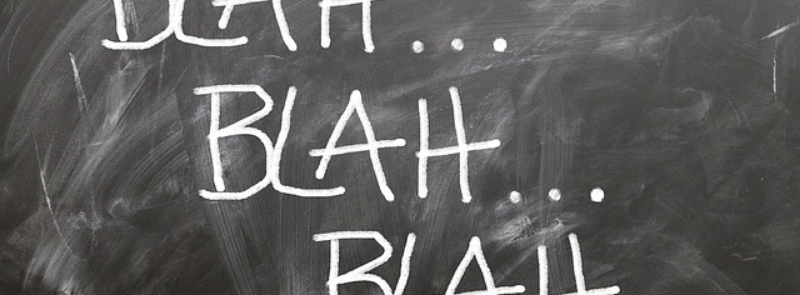
When It Occurs
Every September 20th
Timeline
Days Passed (886)
# Hashtags
#NationalGibberishDay #SillyConversations
September 20th marks Gibberish Day, also known as gobbledygook, highlighting speech that appears nonsensical. It encompasses speech sounds that don't form coherent words, language play, or specialized jargon that may seem entirely fabricated to those not familiar with it.
The term "gibberish" originated in the early 16th century, possibly reflecting the sound of incomprehensible speech—an onomatopoeia. Alternatively, some link its origin to Jabir, an 8th-century Persian chemist known for using intricate technical jargon in his writings.
History of National Gibberish Day
- Origins: The National Gibberish Day has grown in popularity as a day for linguistic playfulness and creative expression. It likely emerged from the human inclination to create and enjoy nonsensical language for fun and entertainment.
- Purpose: The day is meant to celebrate the joy of language and communication in its most playful form. It encourages people to break from the norm, engage in silly conversations, and enjoy the humor that comes from speaking gibberish.
Significance of National Gibberish Day
- Linguistic Playfulness: National Gibberish Day highlights the playful and creative aspects of language. It allows people to experiment with sounds and words without the constraints of meaning.
- Humor and Fun: Speaking in gibberish can be hilarious and entertaining, making it a great way to bring laughter and joy to those around you.
- Creativity and Imagination: The day encourages creative thinking and imagination as people invent new words and expressions.
How to Celebrate National Gibberish Day
-
Speaking Gibberish:
- Practice Speaking: Spend the day communicating with friends and family in gibberish. Try to have entire conversations without using any real words.
- Learn Gibberish Words: Invent your own gibberish words or learn some common ones used in popular culture, such as “supercalifragilisticexpialidocious” from Mary Poppins.
-
Games and Activities:
- Gibberish Games: Play games that involve speaking gibberish, such as charades or improv games where participants must act out or respond in gibberish.
- Tongue Twisters: Create and share gibberish tongue twisters to challenge your friends and see who can say them the fastest without stumbling.
-
Creative Expression:
- Writing Gibberish Poetry: Write poems or short stories in gibberish. This can be a fun way to express emotions and ideas without worrying about making sense.
- Art and Music: Create art or music inspired by gibberish. Draw abstract pictures or compose a tune with nonsensical lyrics.
-
Educational Fun:
- Language Play in Classrooms: Teachers can incorporate gibberish into classroom activities to teach about phonetics, sounds, and the playful side of language. It can be a fun break from regular lessons.
- History of Nonsensical Language: Explore the history and use of gibberish and other nonsensical languages in literature and entertainment, such as Lewis Carroll’s “Jabberwocky” or Dr. Seuss’s playful rhymes.
-
Social Media Engagement:
- Share Videos: Post videos of yourself and friends speaking or singing in gibberish on social media using the hashtag #NationalGibberishDay.
- Challenge Friends: Challenge friends to a gibberish-speaking contest and share the results online.
Fun Facts about Gibberish
- Origin of the Term: The term “gibberish” is believed to come from the name of the alchemist Jabir ibn Hayyan, whose complicated technical jargon was hard to understand.
- Gibberish in Pop Culture: Gibberish is often used in movies, TV shows, and books to add humor or depict confusion, such as the Minions’ language in the “Despicable Me” series.
- Children and Gibberish: Children naturally engage in gibberish as they learn to speak, experimenting with sounds and rhythms before mastering language.
Inspirational Quotes about Playfulness and Creativity
- “The true sign of intelligence is not knowledge but imagination.” – Albert Einstein
- “Creativity is intelligence having fun.” – Albert Einstein
- “Laughter is timeless, imagination has no age, and dreams are forever.” – Walt Disney
Conclusion
National Gibberish Day is a delightful celebration of the playful and creative aspects of language. It’s a day to let your imagination run wild, embrace the absurdity, and enjoy the humor that comes from speaking in gibberish. Whether you’re engaging in silly conversations, playing gibberish games, or creating art and music inspired by nonsensical sounds, this day is all about having fun and exploring the joy of language in its most whimsical form. Celebrate by sharing the fun with friends, family, and online communities, and let the gibberish flow freely!


